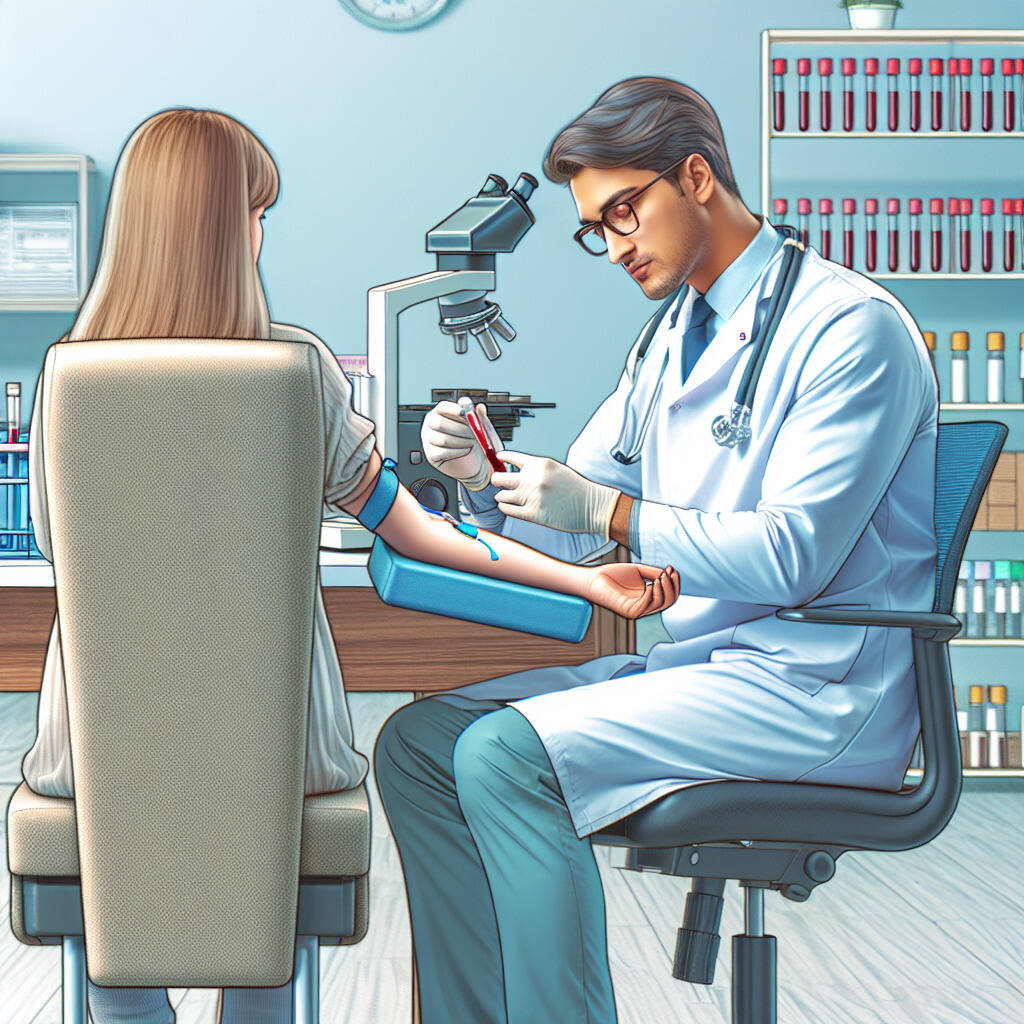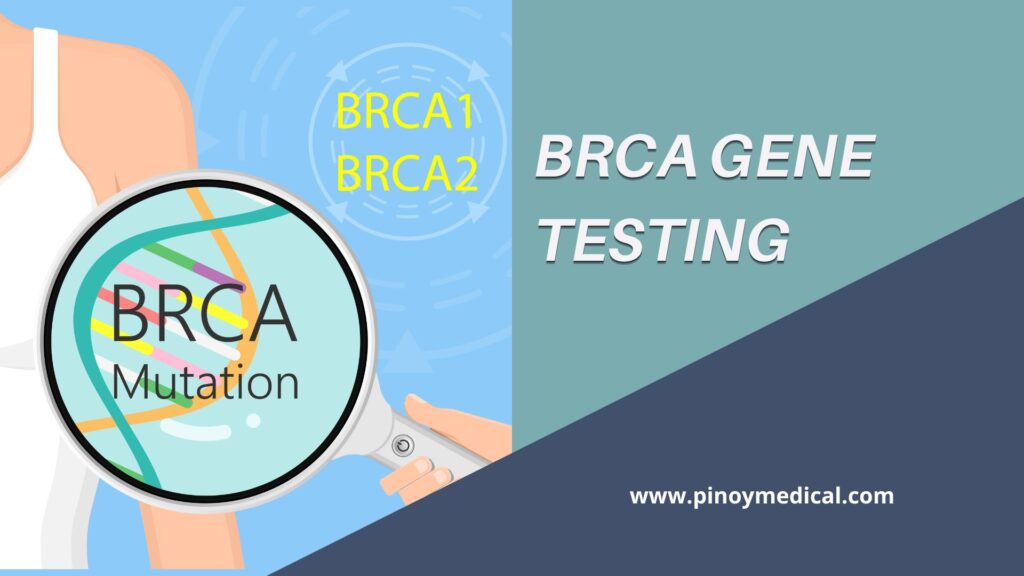BRCA gene testing detects abnormalities in genes associated to a higher likelihood of cancers of the breast and ovary. The test educates people about their hereditary risk, enabling prompt treatment, targeted tests, and preventive measures. It is crucial for people who have a family connection to cancer and helps at-risk individuals make tailored healthcare decisions.
BRCA Gene Testing Price
Hospitals and clinics charge differently for BRCA gene testing, with prices often ranging from ₱1,600 to ₱5,000 or more. The particular test that is used and any extra consulting services affect the price. Seniors and those with disabilities frequently qualify for discounts (PWDs). Consult with local genetic testing centers or hospitals to obtain precise costs. There may also be full packages available.\

Popular Hospitals and Clinics that Offer BRCA Gene Testing
Prices for BRCA gene testing vary by hospital due to equipment expenses, competence required, and institution image. Variations in pricing are also influenced by overhead expenses and geographic location. Ask the hospitals and clinics in your area for precise prices. renowned facilities that provide BRCA gene testing comprise:
| Hospital/Clinics | Location | Contact | |
| Makati Medical Center | Amorsolo Street, corner Dela Rosa Street, Makati | (02) 8888 8999 | [email protected] |
| St. Luke’s Medical Center | 279 E Rodriguez Sr. Ave,Quezon City, Philippines Rizal Drive cor. 32nd St. and 5th AveTaguig City, Philippines | +632 8723 0101 +632 8789 7700 | [email protected] [email protected] |
| East Avenue Medical Center | J2RX+V49, East Ave, Diliman, Quezon City, 1100 Metro Manila | (02) 9280611 | [email protected] |
| Philippine General Hospital | HXHP+469, Taft Ave, Ermita, Manila, 1000 Metro Manila | (02) 85548400 | [email protected] |
| Lung Center of the Philippines | Quezon Ave, Diliman, Quezon City, 1100 Metro Manila | (02) 89246101 | [email protected] |
| Hi- precision Diagnostics | Mezzanine and 2nd floor, Pacific Skyloft Bldg., 1160 Governor Forbes, 1008 Lacson Ave, Sampaloc, Manila, 1008 Metro Manila, | (+63) 917-628-9073 | [email protected] |
| Mother Teresa of Calcutta Medical Center – Central Luzon Integrated Oncology Center | Macarthur Highway, Barangay Maimpis 2000 San Fernando | 0917 538 3151 | [email protected] |
| Philippine Genome Center | A. Maria Regidor Street, National Science Complex, UP Diliman Campus 1101 Quezon City | (02) 981 8625 | [email protected] |
| DNA Genes PH | Unit UG-14, City & Land Mega Plaza Bldg., ADB Avenue cor. Garnet Road, Ortigas Center 1605 Pasig | 0926 616 7659 | [email protected] |
Video about BRCA Gene Testing
FAQs
For whom is BRCA gene testing appropriate?
BRCA gene testing should be taken into consideration by people who have a known hereditary cancer risk or who have a family history of breast, ovarian, or similar cancers.
How is the BRCA gene test carried out?
Usually, a sample of saliva or blood is used for the test, and it is subsequently examined for genetic abnormalities.
What does the outcome of a positive BRCA test mean?
A positive result suggests a higher chance of acquiring some malignancies, like ovarian and breast cancer. It does not ensure the development of cancer.
What is the duration for receiving the results of a BRCA gene test?
The turnaround time for results is normally one to two weeks, though this might vary based on the testing facility and the intricacy of the analysis.
Which prevalent risk factors apply to mutations in the BRCA gene?
Having a relative with a known BRCA mutation or a family history of breast or ovarian cancer, particularly in the early stages of life, are common risk factors.
Can BRCA carriers lower their risk of cancer by changing their lifestyle?
Although modifying one’s lifestyle can lower one’s overall chance of developing cancer, BRCA carriers might need more specialized care and monitoring.
How reliable is the BRCA gene test?
While BRCA gene testing is quite accurate in identifying known mutations, it may not be able to identify all genetic variations.
If I test positive for BRCA, what are possibilities for treatment?
Hormone medication, risk-reducing surgery, heightened surveillance, and lifestyle modifications are among the available treatment options. You can get guidance on these options from your healthcare provider.


